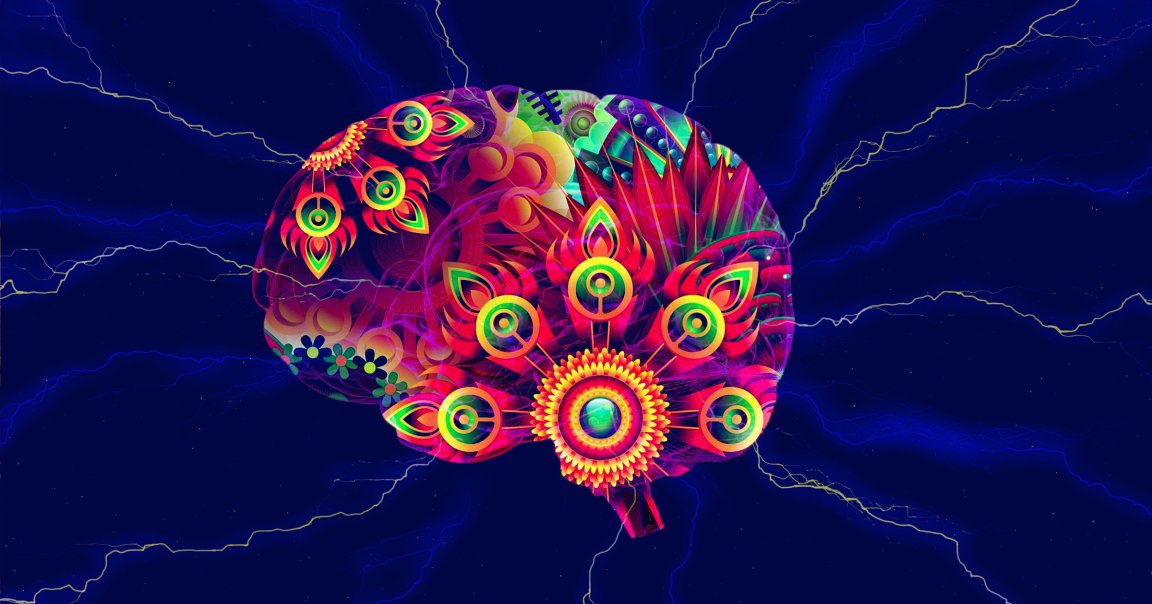
BRAIN BOOST
There’s a gadget that some say can help alleviate depression and enhance creativity. All you have to do is place a pair of electrodes on your scalp and the device will deliver electrical current to your brain. It’s readily available on Amazon or you can even make your own.
But in a new paper published this week in the Creativity Research Journal, psychologists at Georgetown University warned that the practice is spreading before we have a good understanding of its health effects, especially since consumers are already buying and building unregulated devices to shock them. They also cautioned that the technique, which scientists call transcranial electrical stimulation (tES), could have adverse effects on the brains of young people.
“There are multiple potential concerns with DIY-ers self-administering electric current to their brains, but this use of tES may be inevitable,” said co-author Adam Green in a press release. “And, certainly, anytime there is risk of harm with a technology, the scariest risks are those associated with kids and the developing brain”
SHOCK JOCK
Yes, there’s evidence that tES can help patients with depression, anxiety, Parkinson’s disease, and other serious conditions, the Georgetown researchers acknowledge.
But that’s only when it’s administered by a trained health care provider. When administering tES at home, people might ignore safety directions, they wrote, or their home-brewed devices could deliver unsafe amounts of current. And because it’s not yet clear what effects of tES might be on the still-developing brains of young people, the psychologists advise teachers and parents to resist the temptation to use the devices to encourage creativity among children.
The takeaway: tES is likely here to stay, and it may provide real benefits. But for everyone’s sake, consumer-oriented tES devices should be regulated to protect users.
READ MORE: Use of electrical brain stimulation to foster creativity has sweeping implications [Eurekalert]
More on transcranial electrical stimulation: DARPA’s New Brain Device Increases Learning Speed by 40%